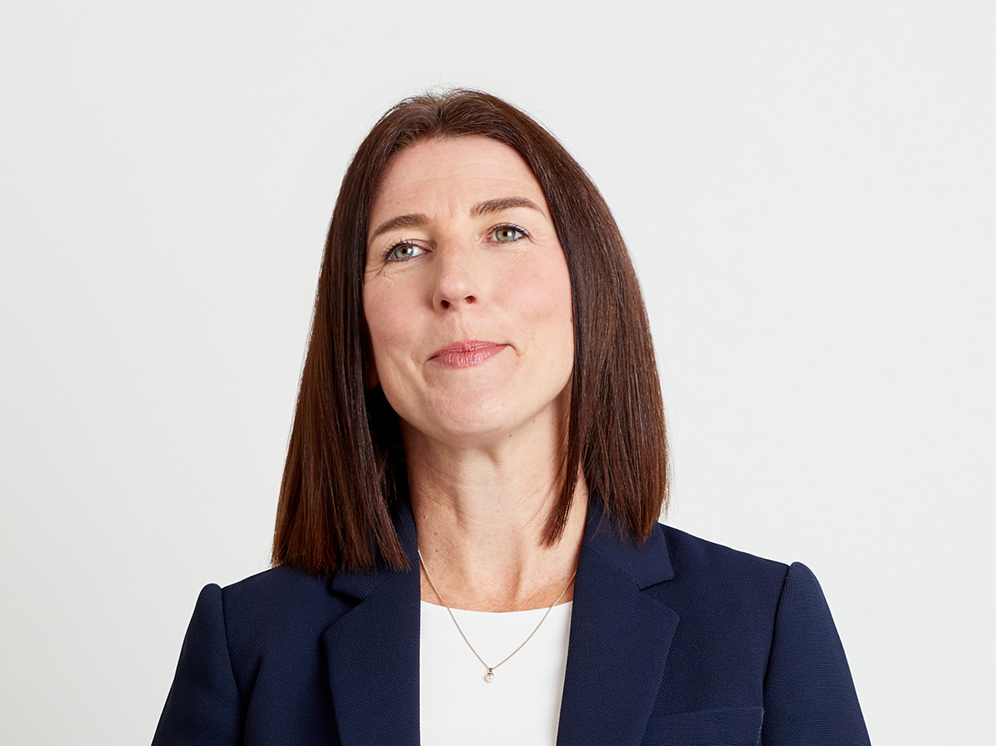Black Friday – a bandwagon worth riding?
Since its introduction to the UK in 2010 by Amazon, US-inspired Black Friday and Cyber Monday have seen frenzied shoppers fighting for bargains and clicking furiously. The last weekend in November has become a global commercial phenomenon, with Statista forecasting that UK spend would be a whopping £8.71 billion over the four-day weekend.
But is it really worth it, for either consumer or retailer?
1/ Margin giveaway at peak demand
The traditional January sales always made perfect sense – retailers getting rid of what they had not sold at the end of the Christmas period, to clear the decks for the New Year. The timing of Black Friday is far less helpful. Why would any business give away margin just as spending momentum is building? Plus, the calendar event sees savvy consumers holding off on purchases to check out deals.
For the retailer, it creates a sales peak, at lower margins, with detrimental effect on commercial performance in both the lead up to Black Friday, and the all-important Christmas shopping weeks that follow.
2/ Erosion of brand equity
Thinking longer term, it is painful to see businesses risk their brand building and high-value customer relationships in a bid to get a slice of the pie. Discounted annual subscriptions on everything from broadband to beauty boxes is an opportunity to hook people in, but at what cost? Loyal customers are the most valuable to a business – the 10% most loyal spend 3x more than the bottom 90%. Customers who come for discounts don’t stay at full price. Upset the loyal core at your peril!
There is also growing scepticism. Consumer group Which? warns that “most advertised ‘deals’ should be taken with a pinch of salt”, and that in 2020, 98% of discounts advertised were available for the same price or cheaper during the six months after the sales.
3 / At odds with the mood-music
As a nation, we are increasingly conscious of the impact of hyper-consumerism on environment and society. The cost-of-living crisis heightens ethical concerns around overspending and problem debt. Furthermore, local businesses and smaller brands can’t compete with big names.
A growing number of companies are taking an active stance, giving up sales on the biggest shopping day of the year, showing they care about more than just money.
Outdoor store REI was one of the first retailers to buck the trend when it closed its doors and encouraged employees and customers to spend the day outside instead of shopping. Eyewear brand Pala launched their ‘People, Not Price’ campaign, highlighting the importance of creating safe and fair working conditions for their workers. And as part of their Give B-ack Friday campaign they also donated £10 from every frame bought to support a vision centre in Sierra Leone.

All things considered, grey clouds seem to be gathering around Black Friday, both among consumers and retailers.
On reflection, as I ponder my own credit card bill alongside the fuzzy glow of my shiny new vacuum and pre-lit tree (yes, I was seduced by Black Friday Fever), I recognise that we’ve adopted a retail calendar event which is overwhelmingly unhelpful in the long run.
For retailers, the promise of short-term gain is more likely to create long-term pain. It is hard to resist but, in most scenarios, the commercial and brand impact is undesirable. The greatest equity gains for brand and customer value are being achieved by those who are turning the tables and letting the bandwagon roll by!
If you would like to speak to us about pricing and discounting, please get in touch.




